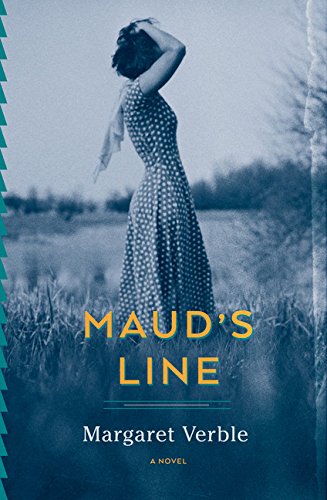Maud’s Line
Maud Nail, growing up on the Cherokee allotment lands in the 1920s, shares a tiny shack and a hard life with her father, Mustard, and her brother, Lovely. A straight-up delight, she shines like a free spirit: “At eighteen, she was fit, dark, and tall like the rest of her mother’s family and most of her tribe. She was more of a willow than an oak, and her figure and personality had grown pleasing to every male within a twenty mile radius, to some of the women, too, and to most of the animals.” She loves Dickens; she craves a wringer washing machine. But she seems doomed to the same grim, desperate life as her mother, dead of snake bite. Then she meets a white peddler, just passing through, and she sees a way to escape.
Underlying all this is a strenuous and unsentimental examination of the tensions between Maud’s traditions and the white society, a clash of values that shapes her life as surely as her endless chores and the hard country she lives in. In clean, spare prose, Margaret Verble describes a people’s struggle to maintain a culture and an identity that both sustains and imprisons them. Her observations of the beauty and anguish of this life, and her vivid heroine, make this as good a novel as I’ve read all year.










